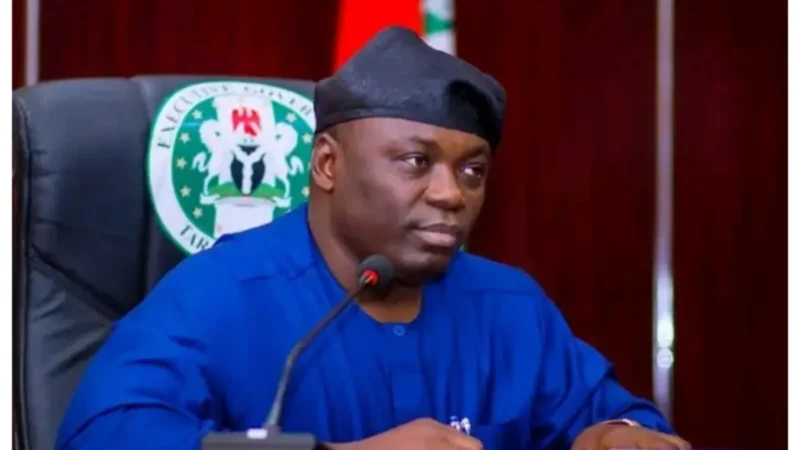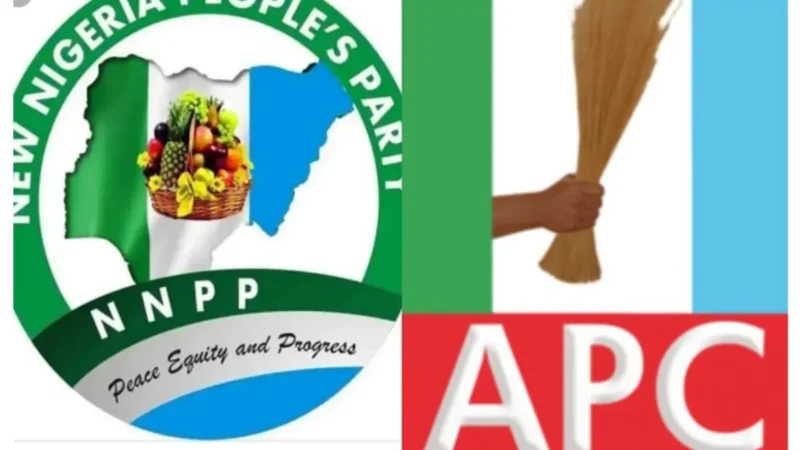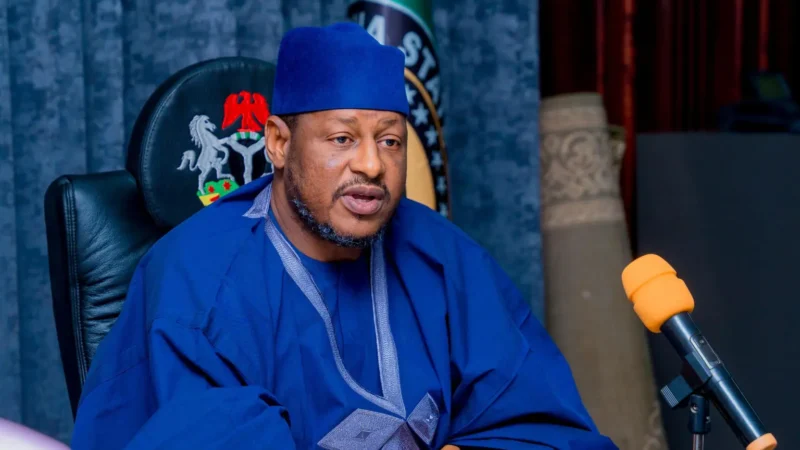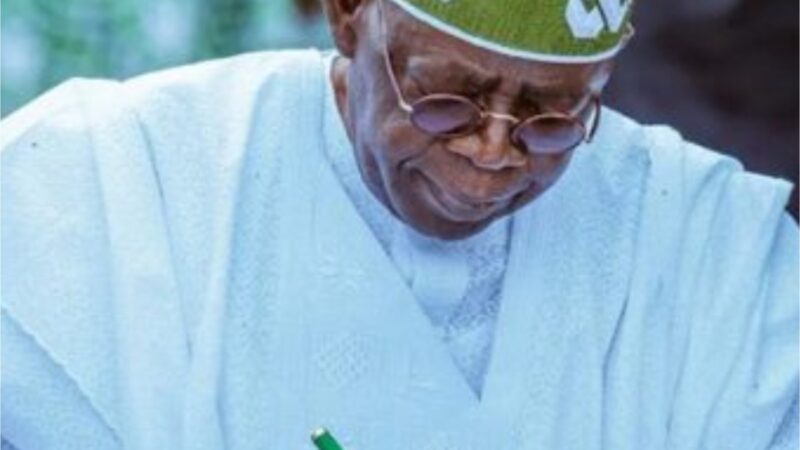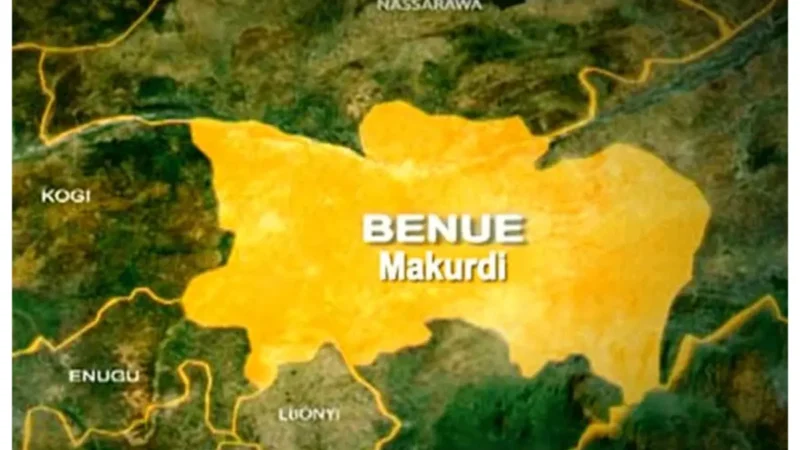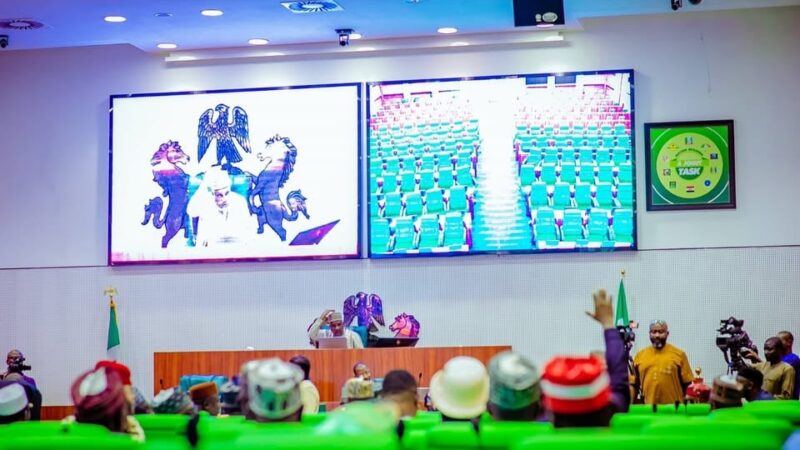B’Odogwu Migration: Chidosky Marine Concept lost over N20m to platform challenges
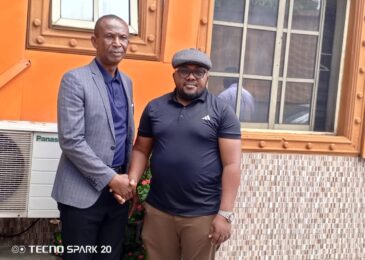
A Nigerian shipping agent, Nze Chidiogo Okpara, has stated that the Nigeria Customs Service’s recent migration from the Nigeria Integrated Customs Information System (NICIS II) to the new B’Odogwu system has caused unintended financial losses, delays, and rising costs in the maritime industry.
Okpara, also, the Chairman/CEO of Chidosky Marine Concept, spoke during the CONMMEP Monthly Roundtable Discussion at Bene Stars Suite, Tafawa Balewa Crescent, Surulere, Lagos.
He revealed that his company lost more than ₦20 million during the transition.
“We lost not less than three months during the migration, and it was a big loss. The loss to B’Odogwu was attributable to avoidable teething challenges, the attendant delays by downtime and the payment of demurrage,” Okpara told participants.
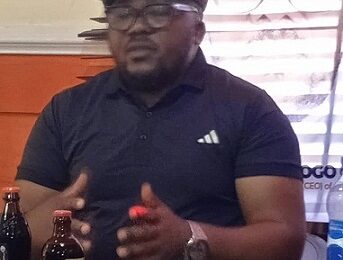
Okpara explained that the B’Odogwu platform initially functioned at only 30–40% capacity, leaving agents stranded for hours .
“The system sometimes only worked at night, not during afternoons. Imagine a transaction that used to take one minute now dragging for two hours,” he said.
Agents, also, struggled with documentation, particularly for forms carrying more than 20 items.
According to the shipping agent, clearing a 40ft container can now cost up to ₦16 million, a burden too heavy for many importers.
He added that stakeholders were caught off guard when Customs introduced a 4% charge overnight without consultation. Although later suspended, the incident unsettled the industry.
“Government must involve stakeholders before announcing such sensitive changes,” Okpara insisted.
While acknowledging Customs’ strong daily revenue collections, Okpara said corruption remains a major obstacle at Nigeria’s ports.
“Corruption is everywhere, but if your hands are clean, you can survive. What we need is fairness and transparency,” he stressed.
The Nigerian shipping agent urged authorities to prioritise training and orientation for clearing agents, many of whom he said lack proper documentation knowledge.
He further called for inclusive policymaking, where operators are consulted before introducing new systems or charges.
On business survival and mentorship in the current inclement operating environment, Okpara said his business has survived through trust and strong relationships with local and international clients, including partners from China, Pakistan, Lebanon, and Turkey.
He, also, highlighted his commitment to mentoring younger agents, helping them establish their own businesses as part of his contribution to the maritime industry.
On the bigger picture, Okpara noted that Nigeria’s maritime sector has global potential, which can be harnessed only if the government reduces costs, ensures transparency, and strengthens collaboration with industry stakeholders.
“The government must work with us, not against us,” he concluded.


